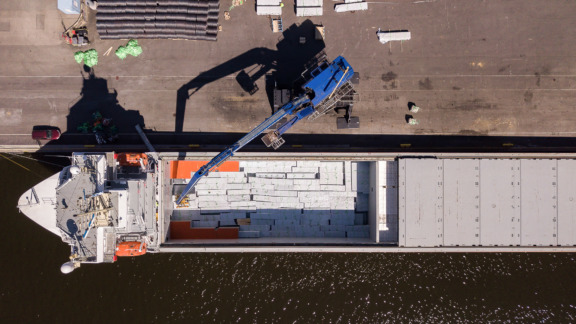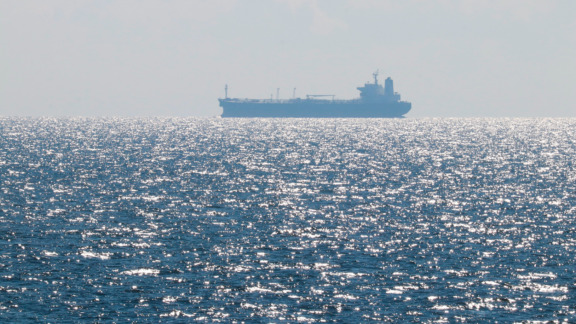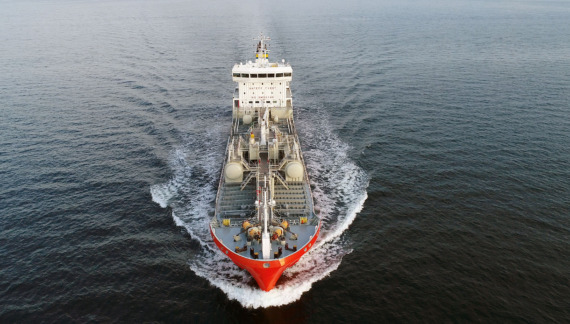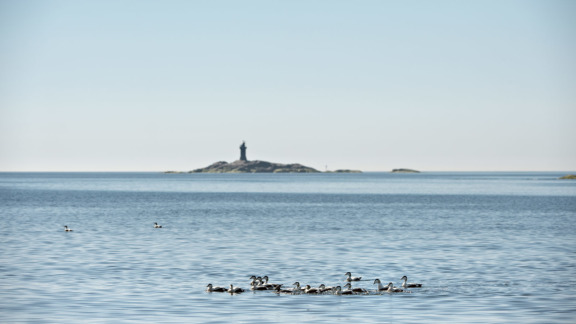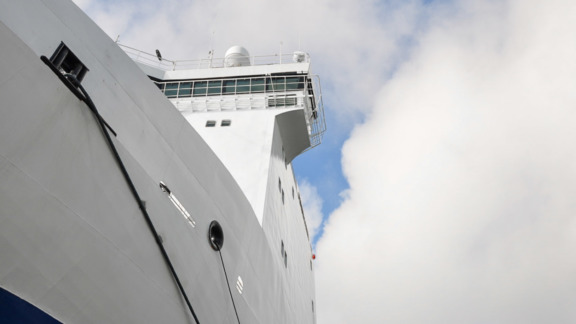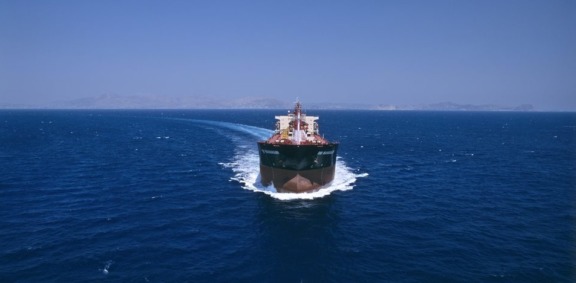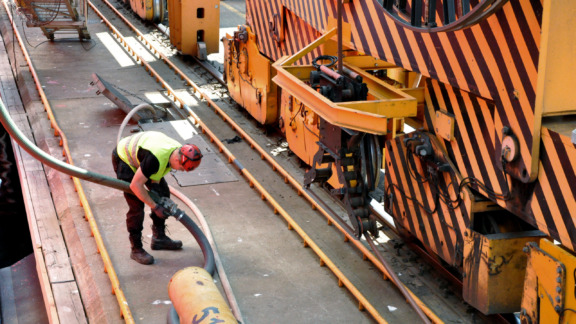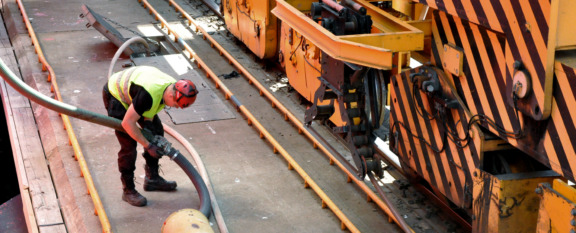SHIP WASTE ACTION – CARGO SHIP WASTE FUELS THE CIRCULAR ECONOMY
Sewage, domestic wastewater, and ground food waste generated by cargo ships can be legally discharged into the Baltic Sea, accelerating eutrophication in the sea. Shipping companies, ports and other stakeholders participating in our Ship Waste Action initiative funnel ship waste into the circular economy rather than the Baltic Sea.
JOIN SHIP WASTE ACTION
A Cleaner Baltic Sea
Reduce the discharge of nutrients, microplastics, and hazardous substances into the Baltic Sea.
Feedstock for Circular Economy
Be part of the circular economy by putting waste to good use.
Sustainable Actions
Develop shipping and make it more responsible.
Competitive Advantage
Be a forerunner in your sector.
Approximately 2,000 ships are sailing in the Baltic Sea at any given moment, and about 95% are cargo vessels. An estimated 25,000 seafarers sail on these ships. Our goal is to put the wastewater and food waste from all these ships to good use.
How to join?
You will receive support from a committed partner network of shippers, shipping companies, shipbrokers, ports, waste management operators, energy producers, researchers, and other specialists. You will also gain access to the network’s materials and visibility in Ship Waste Action communications.
- Shipping companies instruct vessels to discharge their wastewater at Baltic Sea ports.
- Ships discharge their wastewater at Baltic Sea ports.
- Ports and wastewater operators actively provide and develop their services for receiving wastewater.
- Shipbrokers ensure a smooth flow of information and seamless cooperation on discharging wastewater.
- Shippers require that wastewater be discharged at ports in maritime transport operations.
- Energy producers use wastewater and food waste to generate renewable energy, such as biogas and recycled nutrients.
- All operators in the chain work to enhance cooperation by sharing knowledge, experiences, and best practices.
Become a Ship Waste Action partner
Shipping companies, shippers, ports, and waste management operators play a key role in our Ship Waste Action initiative. There are many ways in which companies can influence how the nutrients and energy contained in waste are reused. Discharges into the Baltic Sea will also be reduced.
The most important thing is to take actions that help us achieve our common goal. Developing your company operations in the long term is a story worth telling. The Baltic Sea commitment is a great way to communicate these goals.
SHIP WASTE ACTION PARTNERS

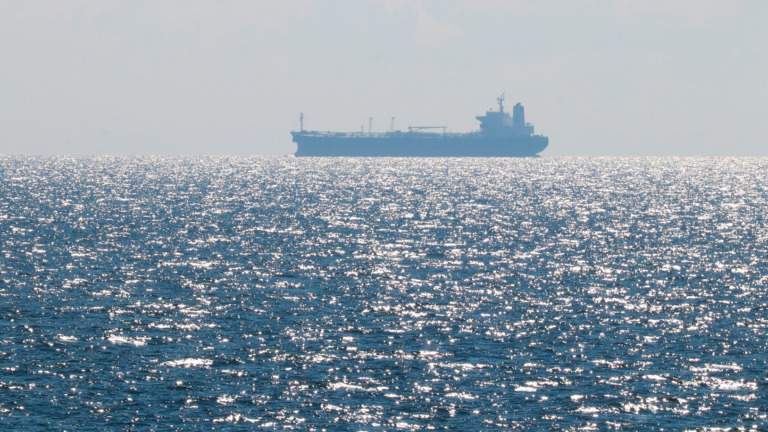
At Meriaura, we think that sustainability begins where legislation ends. We want to be forerunners in preventing all kinds of shipping discharges. We would like to see the same voluntary and responsible action from other shipping companies so that wastewater can be reused instead of ending up in the Baltic Sea.
Beppe Rosin, CEO, Meriaura
COMMITTED ORGANISATIONS
CONTACT US


